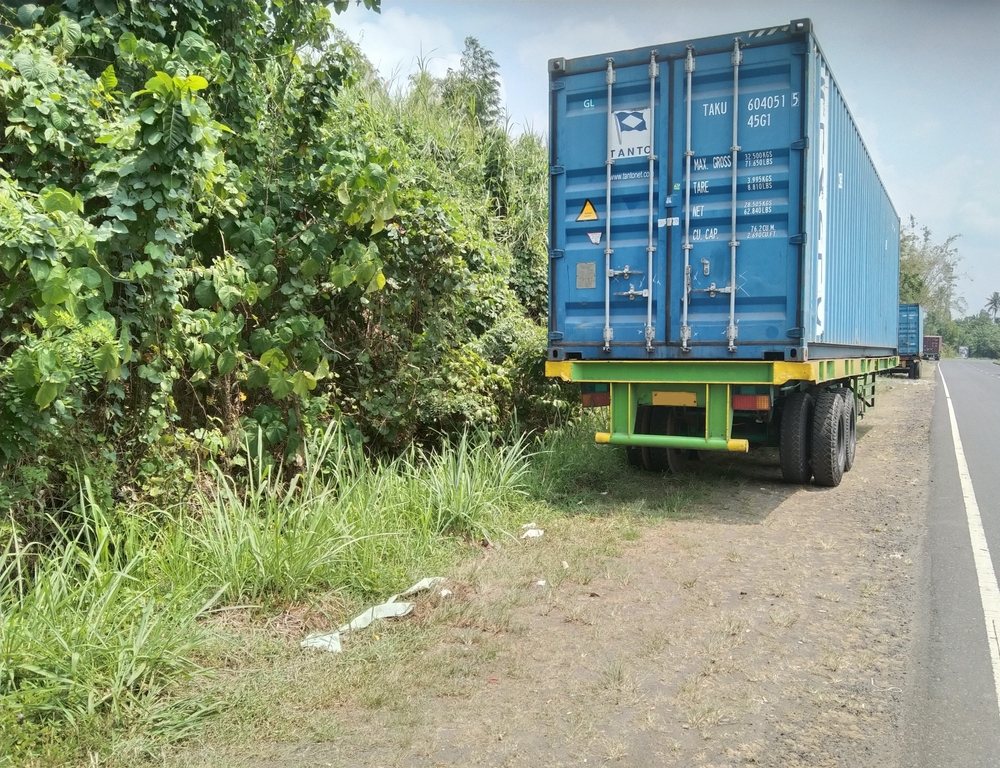
Following an attack by Hamas that killed 1,400 Israelis and saw a reported 247 abductions, the Jewish State declared war. More than 10,000 people in Gaza have been killed, and truckers are the sole source of humanitarian aid in the war zone. At great personal risk, truck drivers lined up at the Egypt-Gaza border, ready to drive toward the fighting to deliver food, water, and medical supplies as the number of injured mounts.
The bravery of commercial motor vehicle operators in the Middle East matches that of Americans, who didn’t hesitate when called upon to keep the supply lines open during the darkest and most uncertain days of the pandemic. Since a concrete barrier was removed in late October, 450 truckers entered the strip despite rocket attacks and missile strikes. During the first week, few daily loads were waived through the border.
“We’re working, very aggressively on getting more humanitarian assistance into Gaza. And we have very concrete ways of doing that, and I think you’ll see in the days ahead that that assistance can expand in significant ways so that more gets into people who need it and gets to the people who need it, as well as making sure that people can continue to come out of Gaza,” U.S. Secretary of State Antony Blinken reportedly said.
The United Nations and humanitarian aid organizations are pushing to get 100 truckloads of supplies into battered cities. On Nov. 1, a high-water mark of 83 big rigs barreled into the combat embroiled area with critical supplies. Unfortunately, truck crossings are reportedly fewer than 19 percent of what they were before the conflict, according to the U.N. Office for the Coordination of Humanitarian Affairs.
The U.S., EU allies, and countries across the Middle East have called for a pause in the fighting to move larger amounts of aid to Palestinians and allow more people to flee the danger. Israeli officials have not been open to stopping their response to Hamas’ incursion for fear its leadership and soldiers will regroup. The ongoing battles and aerial assaults have made the jobs of truck drivers that much more dangerous.
Hundreds of 18-wheelers form a massive daily convoy at the Gaza border, waiting for an opportunity to do what truckers do best, keep the global supply chains open. In the U.S., CDL holders are responsible for transporting upwards of 72 percent of all goods and materials to communities. In Gaza, they have been the sole source of humanitarian relief.
https://www.npr.org/2023/11/06/1210992532/israel-hamas-cease-fire-humanitarian-pause











Leave a Comment